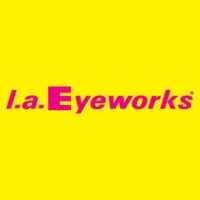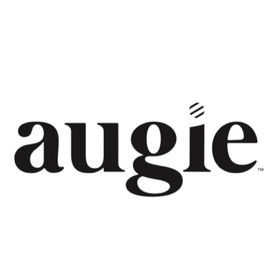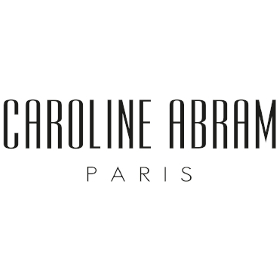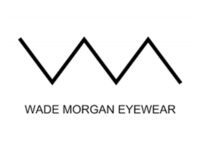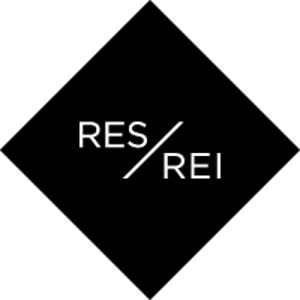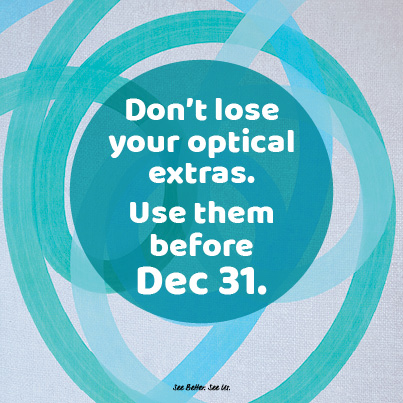Everyone wants a child to start their school year well. As Pezzimenti Nixon Optometrists we see a lot of students with learning related issues. Most of these students have trouble learning to read or have issues with reading fluency, retention and comprehension.
The thing that strikes me the most is that the majority of these students present to our practice in the latter part of the year, but their learning related issues were queried earlier in the year.
When these students attend our practice, they tell me they don’t like to read. The most comment reason I am given is that “it’s boring”. When I ask more questions, often I learn that their print can blur or they experience pain or headaches if they try to keep reading. Some kids experience seeing the words move or wiggle on their page. Some will find that they take time to focus when they look into the distance after reading, or they can remain blurred.
As you can see (pardon the pun) there may be a visual cause to why a student may not progress in school compared to their peers. What I have mentioned is by no means all that can occur as there is a large array of visual processing and eye movement issues that may be influencing their ability to stay focused as well.
In my opinion if a child is having difficulties with learning it is important to check out both their auditory and visual systems as soon as you become concerned. These sensory systems can be some of the largest influences to learning, which is why some of the private schools in Melbourne routinely screen their Foundation kids. If an anomaly is found early, then a student may be helped earlier and the earlier they can learn in a more supported environment. This will give them months more of quality learning time.
On the other hand, if nothing is found, fantastic, at least you have ruled out some potential causes of their issues and can concentrate on other areas that may be contributing.
If you believe your child or student has issues with their vision or is not performing well at school:
- Get their vision and hearing assessed.
- Do it now, not later.
- If something is found, work with the practitioner to achieve the best possible treatment.
Who knows it may make the difference between a student succeeding at school or not. You won’t know unless things properly are checked out. If you have any questions for concerns about your child’s vision, come in and see us.




